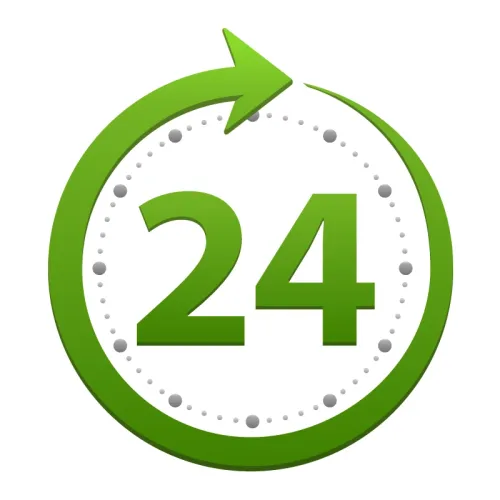E/M Modifiers: Rely On Modifier 24 to Succeed In Coding Unrelated Postop E/Ms

If you forget the modifier, insurers will probably consider the E/M part of surgical aftercare.
When you’re coding for your provider’s surgical services, you’ll need to be familiar with modifier 24 in case the same provider performs an unrelated E/M service on the same patient during the postoperative period.
If you don’t code unrelated E/Ms during a procedure’s postoperative period properly, your payer may consider the E/M service to be routine postop care and therefore deny your claim.
Avoid E/M denials during the postop period with this expert advice on what to do when a patient reports for a problem unrelated to a recent surgery.
Save $73 With Modifier 24 Smarts
You need to use modifier 24 (Unrelated evaluation and management service by the same physician or other qualified health care professional during a postoperative period)) if the physician who performed a surgical procedure “sees the patient during the postoperative period for an [E/M] service unrelated to the surgery,” says Suzan (Berman) Hauptman, MPM, CPC, CEMC, CEDC, director of PB Central Coding at Allegheny Health Network in Pittsburgh, Pa.
If the patient reports for any unrelated E/M that occurs during a postop global period — including hospital visits, office visits, etc. — you must append modifier 24, confirms Celia Forde, CPC, CPCH, coding specialist for Florida’s Centra Care, which has offices in the Orlando area.
Example: The physician performs a complicated incision and drainage (I&D) to treat a carbuncle on the patient’s left thigh on Monday (10061, Incision and drainage of abscess [e.g., carbuncle, suppurative hidradenitis, cutaneous or subcutaneous abscess, cyst, furuncle, or paronychia]; complicated or multiple). On Wednesday, the patient returns to the office complaining of pain due to a dog bite on his right index finger.
The physician who performed the earlier I&D examines the new dog bite wound, dresses it, and sends the patient home with instructions on follow-up care. Notes indicate a problem-focused history, an expanded problem-focused exam, and low-complexity medical decision making.
For the Wednesday E/M service, report 99213 (Office or other outpatient visit for the evaluation and management of an established patient, which requires at least 2 of these 3 key components: an expanded problem focused history; an expanded problem focused examination; medical decision making of low complexity) with modifier 24 appended to show that the E/M was unrelated to the patient’s recent I&D surgery.
Explanation: Four facts make this E/M service modifier 24 eligible:
1. The same provider who performed the I&D performed the dog bite E/M.
2. The global period for 10061 is 10 days.
3. The patient reported for treatment of his dog bite during the global period for 10061 (two days later).
4. The dog bite E/M was completely unrelated to the I&D of the thigh.
Payout: If your office doesn’t code the visit correctly and the payer denies your claim, you’ll miss out on about $73 for the E/M visit (2.04 nonfacility relative value units [RVUs] for 99213 multiplied by the 2015 Medicare Physician Fee Schedule conversion rate of 35.9335).




